The principles of sustainability can be applied to different parts of a building, such as management of its waters. Some of the main components of this work are connected to the development, selection and utilization of suitable technologies for treatment and reuse of water on a local level in a building, as well as evaluation of the possible supply and demand for a given activity performed in the building, and indication of possible uses for these waters.
IPT studies conditions in public and private buildings for the implementation of policies for sustainable water management.
In addition to the substitution of water sources, reuse methods and local treatment of effluents, sustainability in a building may also be achieved on a global basis by drawing up plans for fighting water losses, by segmentation of hydraulic installations, or by eliminating water leakages.
Water savings may also be achieved by installing moderating devices at the points of delivery, which enable users to perform their activities using less water. IPT has a history of activities in this area, in both the development and evaluation of regulatory compliance of a number of water saving devices for use in buildings.
IPT studies conditions in public and private buildings for the implementation of policies for sustainable water management.
In addition to the substitution of water sources, reuse methods and local treatment of effluents, sustainability in a building may also be achieved on a global basis by drawing up plans for fighting water losses, by segmentation of hydraulic installations, or by eliminating water leakages.
Water savings may also be achieved by installing moderating devices at the points of delivery, which enable users to perform their activities using less water. IPT has a history of activities in this area, in both the development and evaluation of regulatory compliance of a number of water saving devices for use in buildings.

